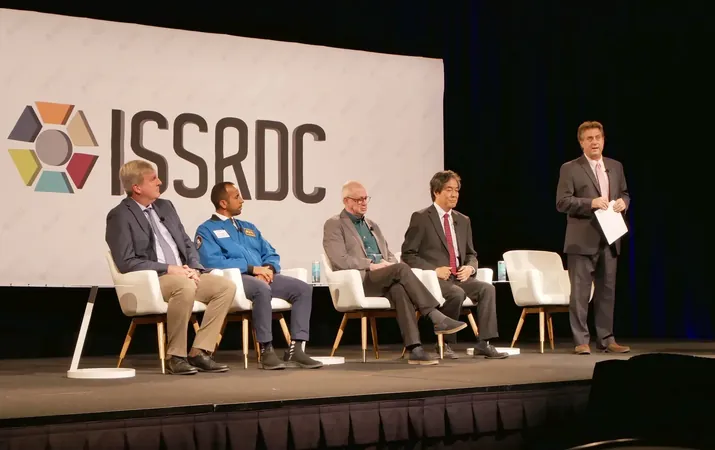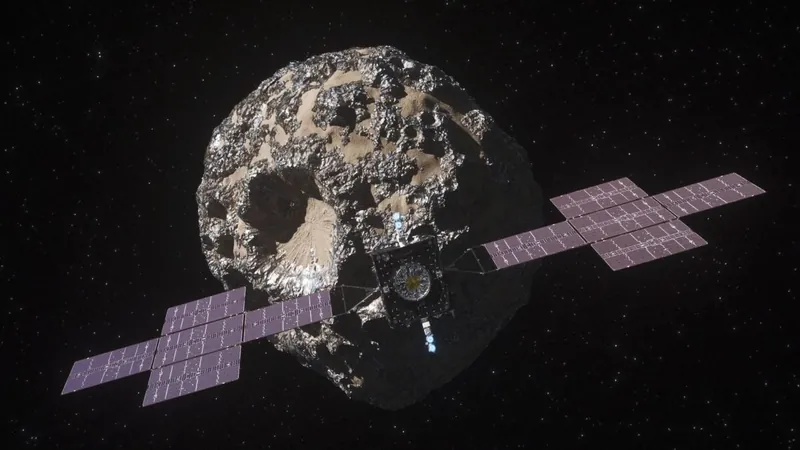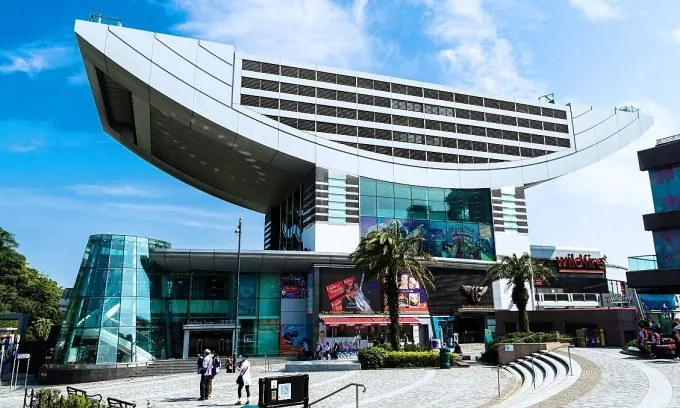
NASA's Support for Key Space Conferences Comes to a Shocking Halt!
2025-06-05
Author: Ying
In a surprising turn of events, NASA has announced it will withdraw its support for crucial space conferences, causing upheaval within the scientific community.
Cancellation of the ISS Research Conference
The International Space Station Research and Development Conference (ISSRDC), scheduled for late July in Seattle, has been canceled. The Center for the Advancement of Science in Space (CASIS) cited a challenging regulatory and budgetary environment in partnership with NASA as the reason for the cancellation. This annual event, a staple for over a decade, served as a platform for NASA and CASIS to showcase research possibilities and updates regarding the ISS.
CASIS has hinted that after this year’s cancellation, the ISSRDC may not continue in its current form, with discussions underway to merge its content into a revamped version of the American Institute of Aeronautics and Astronautics’ (AIAA) ASCEND conference set for May 2026.
Budget Cuts and the Future of NASA's Operations
The announcement coincides with NASA's plans to slash its budget for ISS operations by 25% in its fiscal year 2026 proposal, plunging from $1.24 billion to $920 million. Budget pressures are forcing NASA to reconsider its crew size aboard the U.S. segment of the ISS, potentially reducing it from four astronauts to three. This cost-saving move raises alarms about the future of NASA’s goals, including upcoming missions to the Moon and Mars.
Lunar and Planetary Science Conference in Jeopardy!
Meanwhile, the fate of the Lunar and Planetary Science Conference (LPSC), a prestigious annual gathering, is also hanging in the balance. Established in 1970, this significant conference has traditionally enjoyed a symbiotic relationship with NASA. However, a recent announcement has cast doubts over future collaboration.
NASA had previously planned to issue a formal solicitation to partner on LPSC but has now abandoned those plans. This leaves the Lunar and Planetary Institute (LPI) to take charge independently for next year's event. Concerns abound over how to fill the financial gap left by NASA's withdrawal.
Concerns from the Scientific Community
As scientists express their worries about the implications of these funding cuts, some, like planetary scientist Paul Byrne, see potential benefits in greater independence from NASA, though they stress the need to find alternative funding to keep LPSC viable.
The LPI has assured the community it will manage LPSC next year and will provide further updates. Nevertheless, the uncertainty looms large, leaving many in the planetary science field eager to see how upcoming events will unfold post-2026.



 Brasil (PT)
Brasil (PT)
 Canada (EN)
Canada (EN)
 Chile (ES)
Chile (ES)
 Česko (CS)
Česko (CS)
 대한민국 (KO)
대한민국 (KO)
 España (ES)
España (ES)
 France (FR)
France (FR)
 Hong Kong (EN)
Hong Kong (EN)
 Italia (IT)
Italia (IT)
 日本 (JA)
日本 (JA)
 Magyarország (HU)
Magyarország (HU)
 Norge (NO)
Norge (NO)
 Polska (PL)
Polska (PL)
 Schweiz (DE)
Schweiz (DE)
 Singapore (EN)
Singapore (EN)
 Sverige (SV)
Sverige (SV)
 Suomi (FI)
Suomi (FI)
 Türkiye (TR)
Türkiye (TR)
 الإمارات العربية المتحدة (AR)
الإمارات العربية المتحدة (AR)